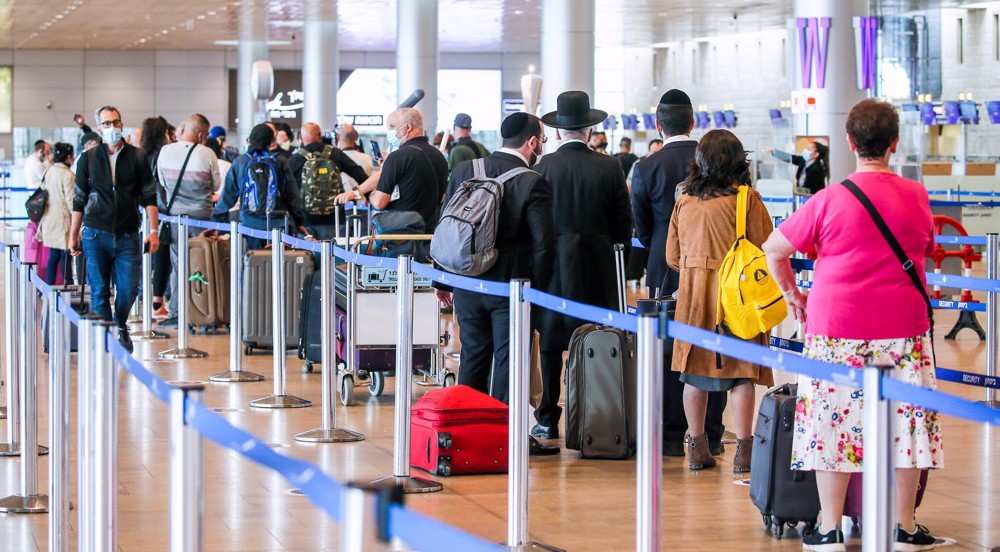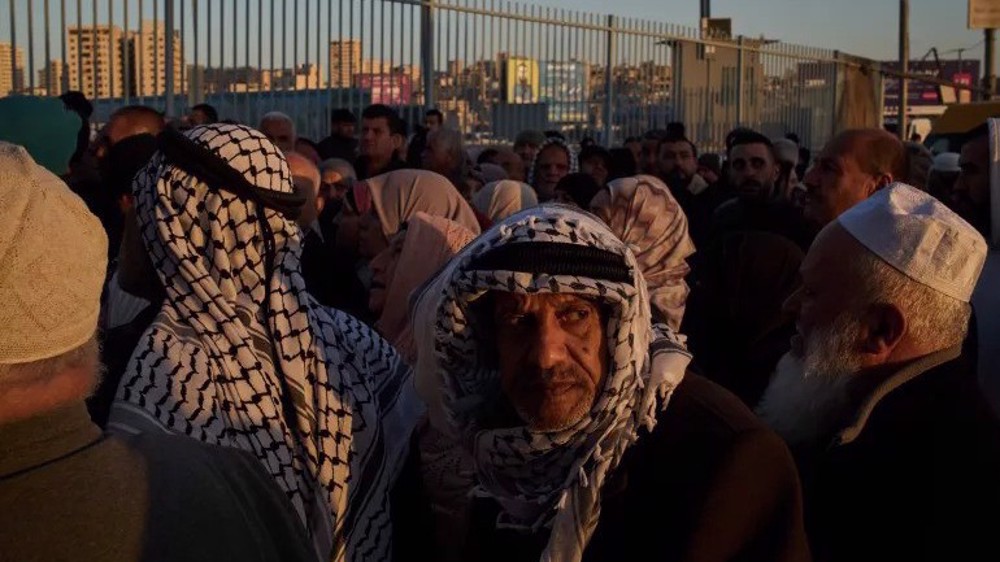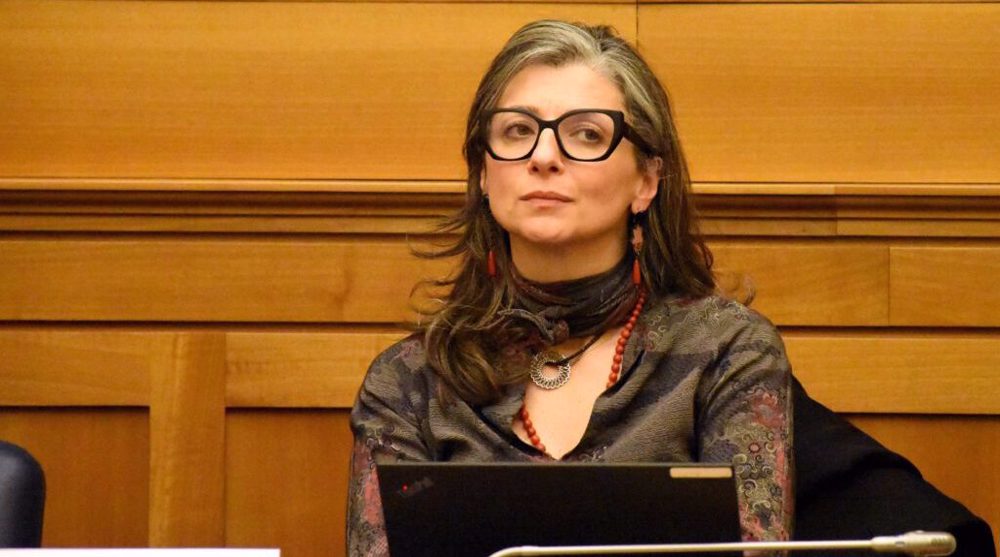Poll: Nearly half of Israeli youths not optimistic, 33% think of immigration
A new survey of young Israeli adults has found that nearly half of the population in the occupied territories is not optimistic about the future of the Israeli entity, while more than one-third of people are thinking about immigration to find jobs and improve their lives.
The poll was conducted by the Israeli Fenima research center as part of an investigation to find a solution to reduce social fragmentation within the Israeli society.
The research center described its findings, which were published by the Hebrew-language Israel Hayom daily newspaper on Sunday, as “worrying” and wrote that 33% of Israeli youths are considering immigration from the occupied lands. Also, 44% of them feel there is no future for the regime.
Issues such as rising living costs, security situation and social divisions are among other reasons for young Israeli adults to mull over leaving the occupied territories.
The poll highlighted that 40% of the respondents have cited rising costs for such a potential decision, while 22% of those asked have blamed poor security situation.
Social divisions have been described as the main immigration reason for 18% of those surveyed.
Many scholars and writers have already pointed to the theory of “Collapse from Within” regarding the future of Israel, considering the three factors of economic crisis, poor security situation and social divisions.
There has been intense public anger in recent month in the Israeli-occupied territories over rising costs, after the price of both gasoline and electricity, as well as basic goods, went up.
According to the Economist Intelligence Unit's (EIU) Worldwide Cost of Living index, the coastal city of Tel Aviv is ranked the most expensive city in the world.
Tel Aviv rose to the top spot from fifth place last year, beating out Paris and Singapore, which were tied for second place.
Its move up the ladder is partly due to the increases in transport and grocery prices.
Property prices in Tel Aviv have also risen, particularly in residential areas, although they are not considered part of the index, added the EIU.
Earlier this year, thousands of Israelis held a mass demonstration in Tel Aviv to voice their resentment against the soaring cost of living in the city, which is estimated to have become the most expensive metropolis in the world to live in.
The protest, organized by Israeli actor Guy Lerer, was staged at Habima Square on February 16.
The organizers said the protest was not affiliated with any political camp and only demanded that authorities deal with the rising prices.
“The public is starting to cry out and take to the streets and this is only the start,” Lerer told Israel’s Channel 13 television network from the protest site.
During the protest, a stall was set up offering packages of basic foods at a relatively low price, part of a widespread initiative set up by Lerer.
The campaign allowed the public to buy the boxes for themselves, or donate to those in need.
VIDEO | Press TV's news headlines
VIDEO | Trump’s 'Gaza Riviera' vs. tents: Deep divide over US' 12-point plan
VIDEO | Palestine Action is back!
Iran’s military alertness main ‘deterrent’ against enemy miscalculations: Top commander
Hezbollah confirms 8 fighters killed in Israeli strikes on eastern Lebanon
Settler attacks in West Bank have displaced 880 Palestinian families: UN
Lebanon’s president condemns Israeli strikes as 'blatant act of aggression'
VIDEO | Epstein and Trump: Scandal, power, and political fallout










 This makes it easy to access the Press TV website
This makes it easy to access the Press TV website